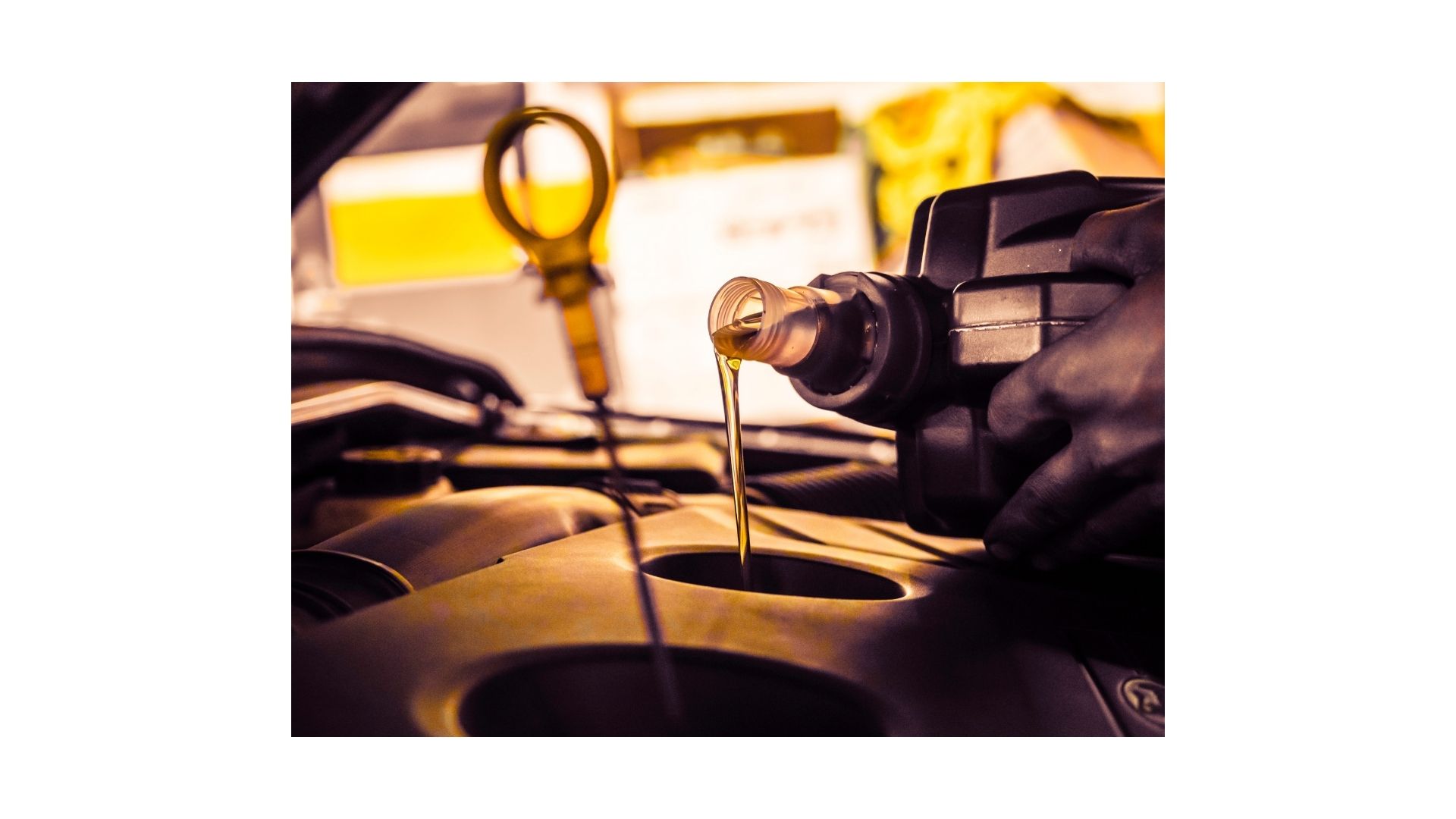Engine oil protects the engine against wear and tear, reducing friction and heat. The more powerful the engine, the higher grade oil required to protect it. When an engine is brand new, you should use a 5 or 5W-30 weight of oil, then switch to a 10W-40 after approximately 1,000 miles. You can continue with a 10W-40 grade indefinitely (until your vehicle requires a different grade).
10w40 vs 10w50
What you need in order to determine which grade of oil you should use is something called a viscosity index (VI) number. This number represents how vicious or thick an engine oil is at a given temperature
The higher the number, the thicker it will be at that temperature. A VI of over 100 means it’s thinner than average and vice versa for those with VI numbers below 100.
10W-40 and 10W-50 engine oils are essentially made from the same base stocks and do not perform differently when used interchangeably in a vehicle that takes one or the other, as long as that vehicle was designed to take either grade of oil. The difference comes from the different additive packages.
Engine oils with an API certification (i.e. any oil that is not diesel) are required to have a specific set of additive packages designed to protect the engine and the owner from certain kinds of damage.
What is the difference between 10w40 and 10w50 engine oil?
Oil is a lubricant, which means it reduces friction between moving parts in order to make them move more easily. This prevents both wear and tear on the engine as well as excessive heating and/or cooling of the engine.
A typical modern-day engine will use a 10w-40 or a 10w-50 oil because it gives a great balance of low-temperature flow, high-temperature protection, shear stability, chemical stability for long-life performance under adverse conditions.
The higher the “W” number on oil, the thinner that oil is when it’s cold. The lower the number, the thicker it is at low temperatures. A typical SAE rating for engine oil would be 5W-20 or 5W-30.
It depends on your engine. If you are using a heavier weight of oil because your engine was designed for it, there will be no harm in using a lighter weight (thinner) of oil as long as it is still within its proper operating temperature range.
#10w-40 oils are typically designed for engines that require less horsepower and are generally used in cars that produce less power (less than 175 hp), like most cars made today. There are many engine oils available on the market today but I highly recommend Valvoline High Mileage with MaxLife Technology SAE (Check current price on Amazon)
Can I use 10w50 instead of 10W40?
If you have a modern engine that calls for 10W-40, it will not benefit from the increased protection of a 10W-50 oil. You should just use the manufacturer’s recommended grade for your make and model of vehicle.
In particular, do not switch between makes and models. Doing so can cause problems with seals that will rob your engine of power, fuel economy, and gas mileage.
If you have verified the oil level on your dipstick looks correct but your car is burning through oil like crazy (you may see a puddle underneath the car or smell the oil in the air), then you should take it to a service center immediately.
What is 10w50 oil used for?
If you have a classic automobile (or any engine that uses 5W-30 or 10W-30 oil) that requires a 10W-50 grade, then there is no harm in using it.
Because these engines are designed to operate with a thinner oil, the thick viscosity of 10W-50 will not hurt anything. However, there is no advantage either — unless the engine calls for higher temperatures than normal, the thicker oil will not provide additional protection.
What is 10w40 oil used for?
10w-40 is typically used in engines that are designed for less horsepower and require an oil that flows well at lower temperatures. These engines are found in most cars today, typically ones that produce 175 hp or less.
Why do we use 10w40 in the summer?
For most engines, we recommend using a higher viscosity oil in the winter than in the summer. It’s all about temperature, and whether the engine is operating within its ideal temperature range.
Generally speaking, an engine will perform better (wear less) with a thinner oil when it’s cold than it will with a thicker oil at those colder temperatures. The opposite applies when an engine is hot — it will perform better with a thicker oil because thinner oils have a lower boiling point and evaporate more quickly at those higher temperatures.
Conclusion on 10w50 vs 10w40 comparison
An oil’s viscosity index tells us how thick or thin it is at different temperatures. An oil with a higher viscosity index will be thinner when cold than one with a lower viscosity index, and thus won’t flow as well in cold temperatures. It is often recommended that you check it for your specific engine.

Robert Anderson is a world class motorhead who rebuilt his first carb at age 10, his first engine at age 15, and completed his first full hotrod build when he was just 18! Previously, he has ran a part warehouse, delivered pizzas, and managed the service department for a $20 million/year revenue dealership. Robert knows cars like few others and he is passionate about sharing his knowledge.

